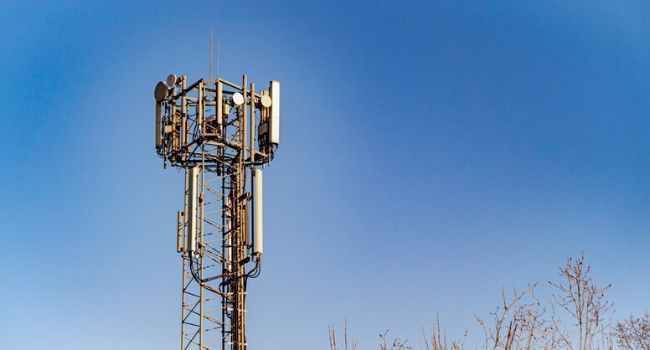
New Government Strategy for 5G Security Sets Stage for Domestic Rollout
Franco Zaro of Valid breaks down new government efforts to establish a 5G security strategy and public paranoia about the wireless infrastructure.
- By Haley Samsel
- Apr 16, 2020
Amid the constant stream of coronavirus updates, you may have missed some important developments in fifth-generation wireless infrastructure last month.
On March 23, President Donald Trump signed The Secure 5G and Beyond Act of 2020 – legislation which requires his administration to produce a 5G security strategy within 180 days of the law’s enactment.
That same week, the White House published the “National Strategy to Secure 5G of the United States,” a 7-page policy document addressing the administration’s plans to facilitate the domestic deployment of 5G, assess security risks and promote global development of the technology.
To understand more about government efforts to ensure secure 5G development and what it might mean for the burgeoning number of at-home workers during the COVID-19 pandemic, Security Today spoke with Franco Zaro, the director of business development for global technology provider Valid. Zaro also discussed public paranoia about the technology that has grown during the coronavirus crisis.
What is the importance of the new Secure 5G and Beyond Act? Why should Americans care about its enactment?
Although this enactment is about two years too late – as technology often evolves faster than political action – the 5G and Beyond Act will define how the U.S. builds the framework to implement the powerful omnipresent communication multichannel that is 5G. It will also lead how the U.S. implements upcoming technologies that will change the way we interact as a social ecosystem composed of both humans and machines.
What impact do you anticipate the law will have on the development and integration of 5G into American lives?
I believe that as it stands, having a bipartisan commission supported by leaders of different sectors (security, technology, science, transportation, etc.) will establish diverse participation, which will ensure 5G’s impact on American lives is implemented in a controlled manner. If both Republican and Democratic leaders are in agreement on the law, I think many misconceptions about the use of 5G can be changed. Particularly, American’s understanding of privacy and how 5G will create security while enabling systems to use Identity as the main entity.
How does the implementation of 5G affect the growing number of at-home workers and their use of IoT devices?
In the past five weeks, we have experienced an overwhelming necessity from several industries for a system that allows them to remotely monitor their production chain. Companies that have been resistant to change in the past are being forced to leave their comfort and adapt their way of production. As a result, these companies are realizing that big corporate offices are no longer a necessity as a remote office is far less expensive to maintain, along with several additional benefits.
According to BuzzFeed News, there has been a growing paranoia about 5G and even a conspiracy theory that the technology could "secretly be causing the COVID-19 outbreak." How do cybersecurity and technology experts combat the general public's misconceptions about 5G?
We are facing ‘times of change’ at many levels. Consider: new technology will be the driver of a connected and integrated world, giving people the ability to receive real-time data to support decisions or statements and the possibility to be efficient with our energy.
With the integration of 5G, I assume some areas of our society may look to keep the status quo in an effort to protect their own interests, and ‘fear of change’ will always generate paranoia or resistance. The same initial resistance happened with every step of the industrial revolution with steamers, mass production lines, automation and now with digital convergence. However, I am positive that our natural capacity to adapt as a society will prevail as it always has.
What are the security measures that you believe must be put in place for 5G's development and implementation? What policies do you hope government and private sector experts will keep in mind throughout that process?
Secure access to data is the main concern for how new technologies such as blockchain or biometrics will be able to help us. That being said, global guidelines are trying to explore the concept of privacy to ensure it is taken into serious consideration. It will be important for the U.S. to adopt an education system that ensures future generations are equipped to make the most of this new world and not dependent on more visionary countries – which is what is happening right now.